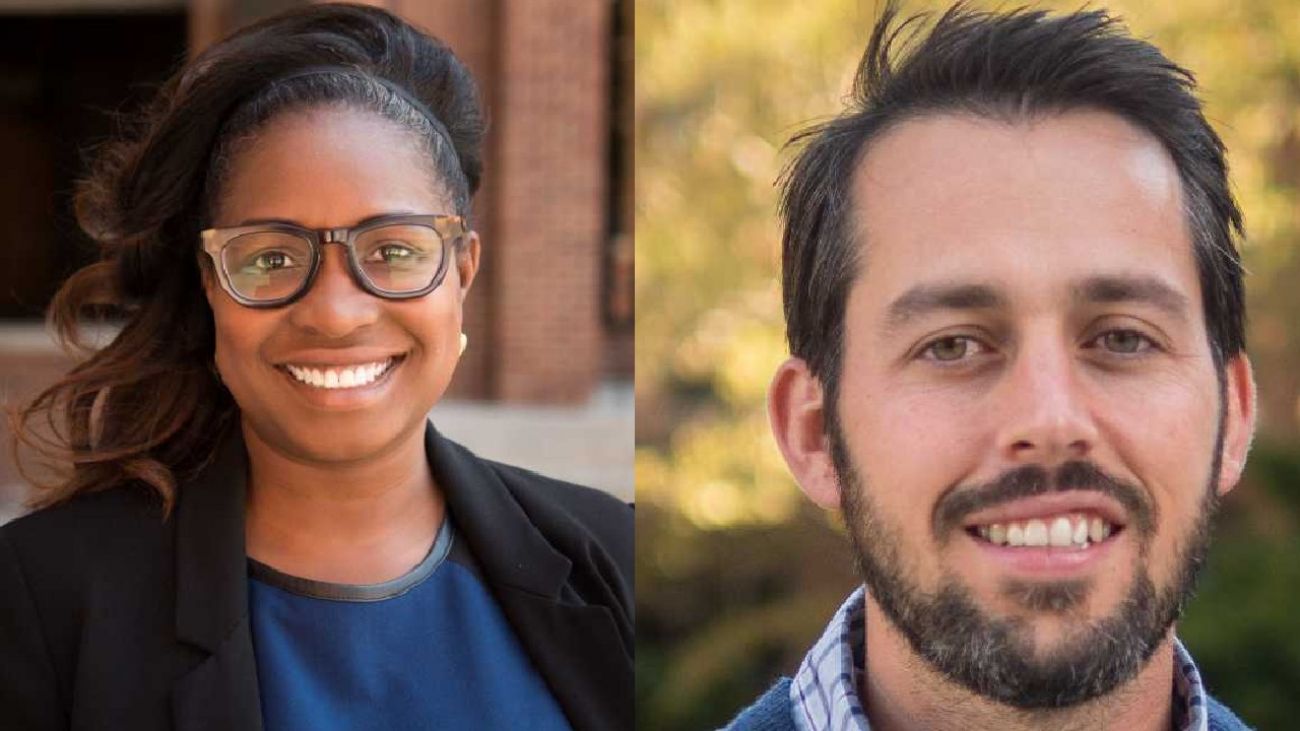Opinion | What's behind the racial disparity in COVID-19 cases

Data show that black Americans are disproportionately impacted by the coronavirus pandemic. In Michigan, black Americans account for 40 percent of all COVID-19 deaths in the state, while only representing roughly 14 percent of the total population. During a recent press briefing, White House Coronavirus Task Force members highlighted that this disparity between racial populations is due to “underlying medical conditions” such as diabetes, hypertension obesity and asthma. This is a pattern seen all too often—racial health disparities that display the black population as more likely to have many common diseases. What did the White House mean by “underlying health conditions” and what causes it?
What is truly underlying in this narrative are the structural inequities from a social, environmental and political context that dictates the rates for these diseases—like diabetes, hypertension, and asthma—all of which are found to be more prevalent in the black populations when compared to white.
Public health experts have identified that “social determinants of health”—the conditions in which you grew up, live, learn, work, and play—are key drivers of these disparities and are much more important and influential than individual behaviors or genetics. In this context, when talking about populations and linking their disproportionate infection and death rate to “underlying medical conditions,” what's really being said is that this population has had poorer access to things like quality housing, clean air, a living wage or preventative health care.
Black Americans tend to have worse conditions than other Americans because of historical and structural racism embedded in policies and institutions. It is not one’s race that inherently leads to health outcomes, it is where your race falls in the power hierarchy of your society that can matter for the embodiment of inequality. In other words, any disproportionate disease burden among black Americans is the result of being exposed to an environment that has not valued black health and well-being to the same extent as white Americans.
Many black Americans have been segregated through redlining policies into neighborhoods with underfunded schools. The segregation caused by redlining combined with lax industry regulations and “not in my backyard” attitudes have placed many industrial polluters in communities of color. This disproportionate exposure to environmental toxicants—a concept known as environmental racism—has left Black Americans to have an asthma prevalence that is 39 percent higher than White Americans.
Put simply, race is not a risk factor—racism is.
To solely state that “underlying medical conditions” created the disparity in COVID-19 cases and deaths without highlighting the historical and policy context is like saying the Flint Water Crisis was caused by lead dissolving off water pipes. It may be true, however it ignores the social context of what really happened.
For COVID-19, the pieces to this complicated disparities puzzle are still being put together. Some states have just begun reporting race-related numbers. But statistics by themselves do not tell us much about the root causes of a particular health issue, only telling us part of the story when it comes to the spread of this disease. It is crucial to examine the social, environmental, and historical factors that are creating the conditions for a particular health disparity to exist.
Reshaping public policies to create conditions where all Michiganders, regardless of race, can be healthy is essential as we look ahead and plan for the future.
See what new members are saying about why they donated to Bridge Michigan:
- “In order for this information to be accurate and unbiased it must be underwritten by its readers, not by special interests.” - Larry S.
- “Not many other media sources report on the topics Bridge does.” - Susan B.
- “Your journalism is outstanding and rare these days.” - Mark S.
If you want to ensure the future of nonpartisan, nonprofit Michigan journalism, please become a member today. You, too, will be asked why you donated and maybe we'll feature your quote next time!




